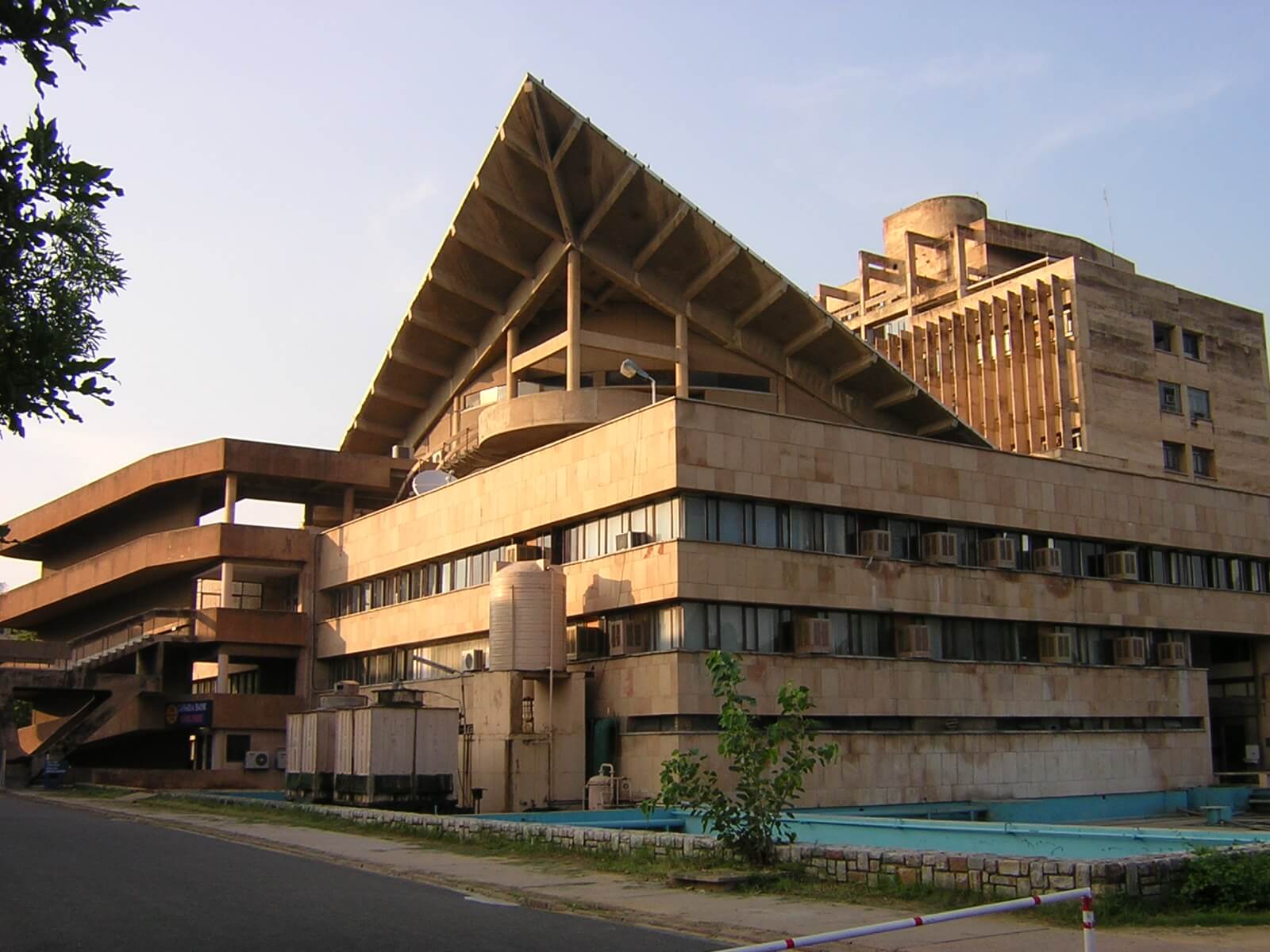
IIT Delhi researchers develop affordable tests for COVID-19

Researchers at the Indian Institute of Technology in Delhi have developed a method to detect COVID-19 which can significantly reduce the test cost, making it affordable for large sections.
The National Institute of Virology (NIV), Pune is in the process of validating this test on clinical samples.
The “probe-free detection assay” developed by the researchers at the prestigious institutes Kusuma School of Biological Sciences has been optimised and tested for sensitivity at the research laboratories of the Institute. According to the team, considering the scale of the ongoing pandemic, development of indigenous kits is the need of the hour.
The central government on Saturday recommended that the maximum charge for each COVID-19 test by private laboratories should not exceed ₹4,500.
All private laboratories which have NABL accreditation for real-time PCR SA for RNA virus will be allowed to conduct COVID-19 tests, according to the guidelines issued by the Indian Council of Medical Research (ICMR) for COVID-19 testing in private laboratories, which were notified by the Health Ministry on Saturday night.
However, the team at IIT claims that their test can be performed at a much cheaper cost and hence will be affordable for general public.
“Using comparative sequence analysis, we have identified unique regions in COVID-19. These unique regions are not present in other human coronaviruses providing an opportunity to specifically detect COVID-19,” Professor Vivekanandan Perumal, lead member of the team told PTI.
“Once the NIV validates the assay, it can be quickly scaled up to meet the increasing need in our country,” he added.
According to Professor Manoj Menon, the current testing methods available are “probe-based” while the one developed by the IIT team is a “probe-free” method, which reduces the testing cost without compromising on accuracy.
“Primer sets targeting unique regions in the spike protein of COVID-19 were designed and tested using real time polymerase chain reaction. The primers designed by the group specifically bind to regions conserved in over 200 fully sequenced COVID-19 genomes. The sensitivity of this in-house assay is comparable to that of commercially available kits” said Parul Gupta and Prashant Pradhan, members of the team.
“This assay can be used as a qualitative (yes or no) assay without the need for extensive instrumentation. In addition, it can also quantitatively assess virus loads. We propose the use of this assay for specific and affordable high throughput screening of COVID 19,” they added.
The research team includesPhD scholars Prashant Pradhan, Ashutosh Pandey and Praveen Tripathi, post-doctoral fellows Drs Parul Gupta and Akhilesh Mishra and professors Vivekanandan Perumal, Manoj B. Menon, James Gomes and Bishwajit Kundu.
According to the Indian Council of Medical Research (ICMR), a total of 16,911 samples from 16,021 individuals have been tested for SARS-CoV2 as on March 21 and a total of 315 individuals have been confirmed positive among suspected cases and contacts of known positive cases.

